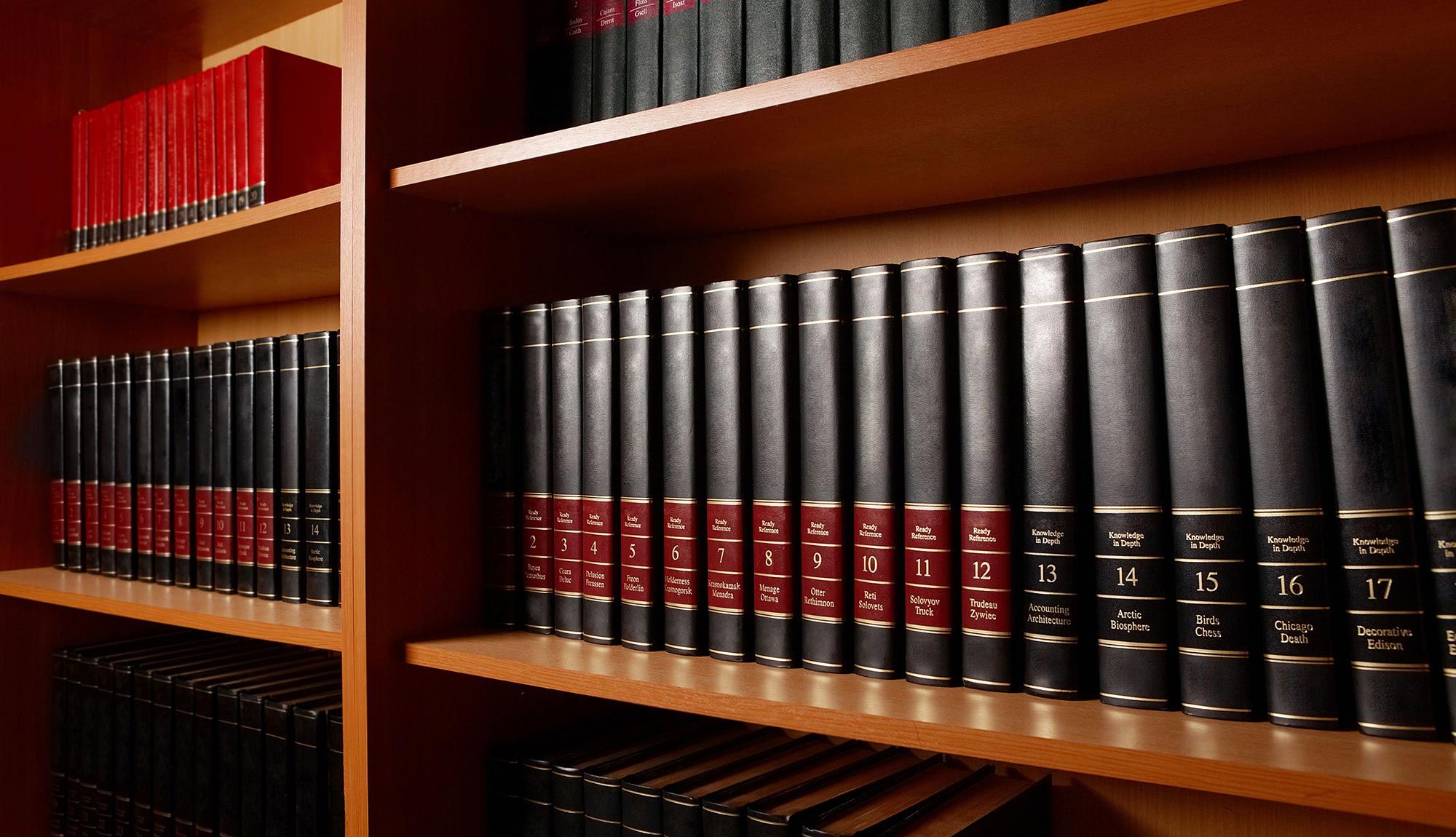Your Source for Clear Legal Case Briefs
We break it down, so you don't have to!
Request Legal Consultation/ Legal ResearchOUR MISSION
At Brief Laws, our commitment is to enhance accessibility and comprehension in the legal field for individuals, including Lawyers, and law students who are interested in exploring the legal arena. We advocate that every important judgment, regardless of complexities, should be readily available in a manner that is easy to understand. We aim to make legal research more efficient by reducing the time spent on reading lengthy judgments.
SAMPLE CASE BRIEF
CASE BRIEFS

Copyright
Copyright law grants creators and authors exclusive rights to their original works, enabling them to regulate their use and distribution. It encompasses a broad spectrum of creative works and seeks to strike a balance between protecting creators and fostering the spread of knowledge and culture. Enforcing copyright involves legal measures and penalties to protect the rights of creators.
Learn more

Trademark
Trademark law protects distinctive symbols, logos, names, and slogans used to identify products and services. It grants the owner exclusive rights to control their trademark and prevent others from using similar marks in a way that could lead to consumer confusion. Trademarks help to protect the reputation and goodwill of businesses by preventing unauthorized use of similar marks by competitors.
Learn more

Patent
A patent is a legal right granted by a government to an inventor. It gives the inventor the exclusive right to make, use, and sell their invention for a certain period, usually 20 years from the filing date of the patent application. This exclusive right is granted in exchange for the inventor publicly disclosing the details of the invention. Patents are intended to encourage innovation by providing inventors with the opportunity to benefit financially from their inventions.
Learn more

Contract
Contract Law provides a framework for the formation, performance, and enforcement of contracts across various sectors and relationships. Key principles include offer, acceptance, consideration, capacity, and legality of contracts. The Act ensures fairness and reliability in business transactions and personal agreements, offering legal remedies for breach of contract and disputes resolution through courts.
Learn more

Constitution
The Constitution of India, adopted on January 26, 1950, is the supreme legal document that guarantees citizens fundamental rights and assigns duties to the government. It ensures justice, liberty, equality, and fraternity and establishes a system of balancing powers between central and state authorities.
Learn more

Landmark Cases (2023-24)
Landmark judgements establish a significant new legal principle that alters or amends the interpretation of existing law. It is followed as a precedent for the further cases. These cases introduce new legal doctrines and address critical legal issues. Explore key rulings that have transformed the legal landscapes and contributed to the evolution of jurisprudence.
Read more

Law of Limitation
The Limitation Act, 1963, provides a prescribed period for initiating legal actions ensuring the timely resolution of disputes. It defines time limits for filing suits, appeals, and applications to prevent delayed justice.
Learn more

Consumer Protection
The Consumer Protection Act, 2019 provides a streamlined process for addressing consumer grievances quickly. It includes regulations ensuring fair treatment, accurate information, and protection against fraud, unfair practices, and unsafe products. The Act empowers consumers by establishing Consumer Dispute Redressal Commissions at various levels, promoting transparency, accountability, and consumer protection in the marketplace.
Learn more
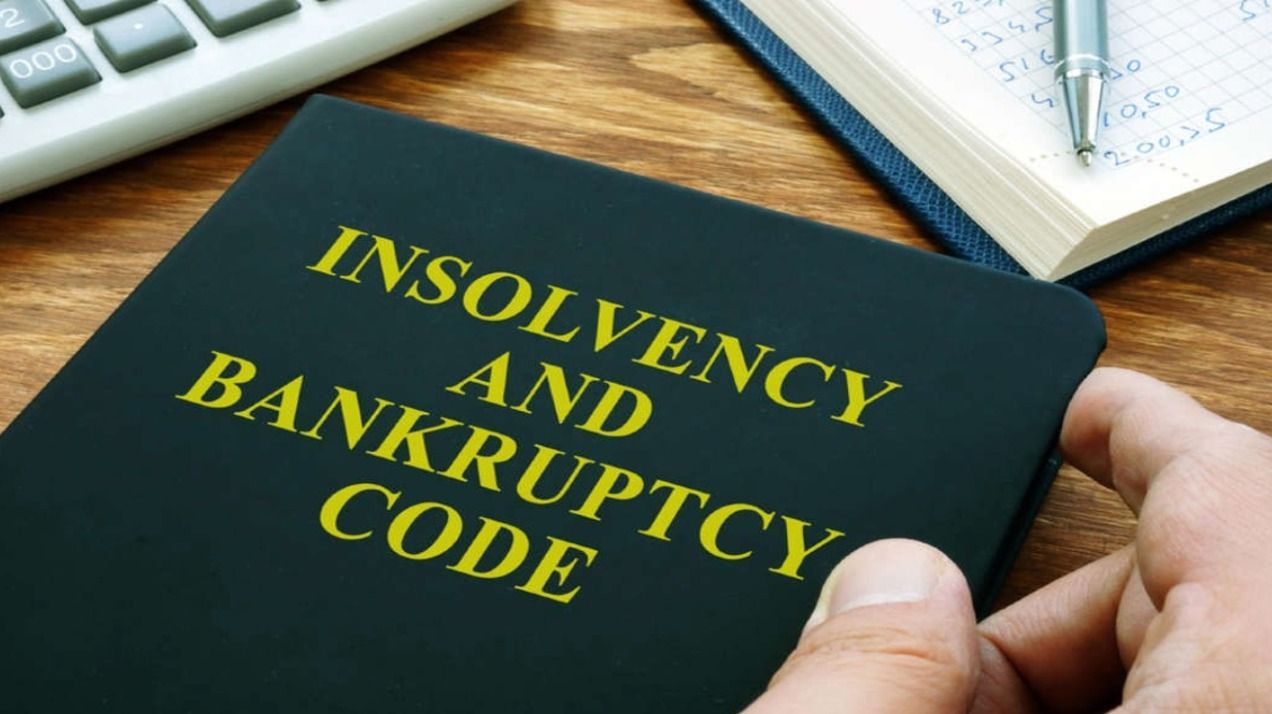
Insolvency & Bankruptcy
The Insolvency and Bankruptcy Code (IBC) was enacted in 2016. It provides a streamlined legal framework for resolving insolvency and bankruptcy issues for individuals and businesses. It aims to ensure a timely and efficient resolution process and enhance recovery rates for creditors. The IBC integrates various processes to facilitate economic stability and growth, including corporate insolvency resolution, individual insolvency, and liquidation.
Learn more
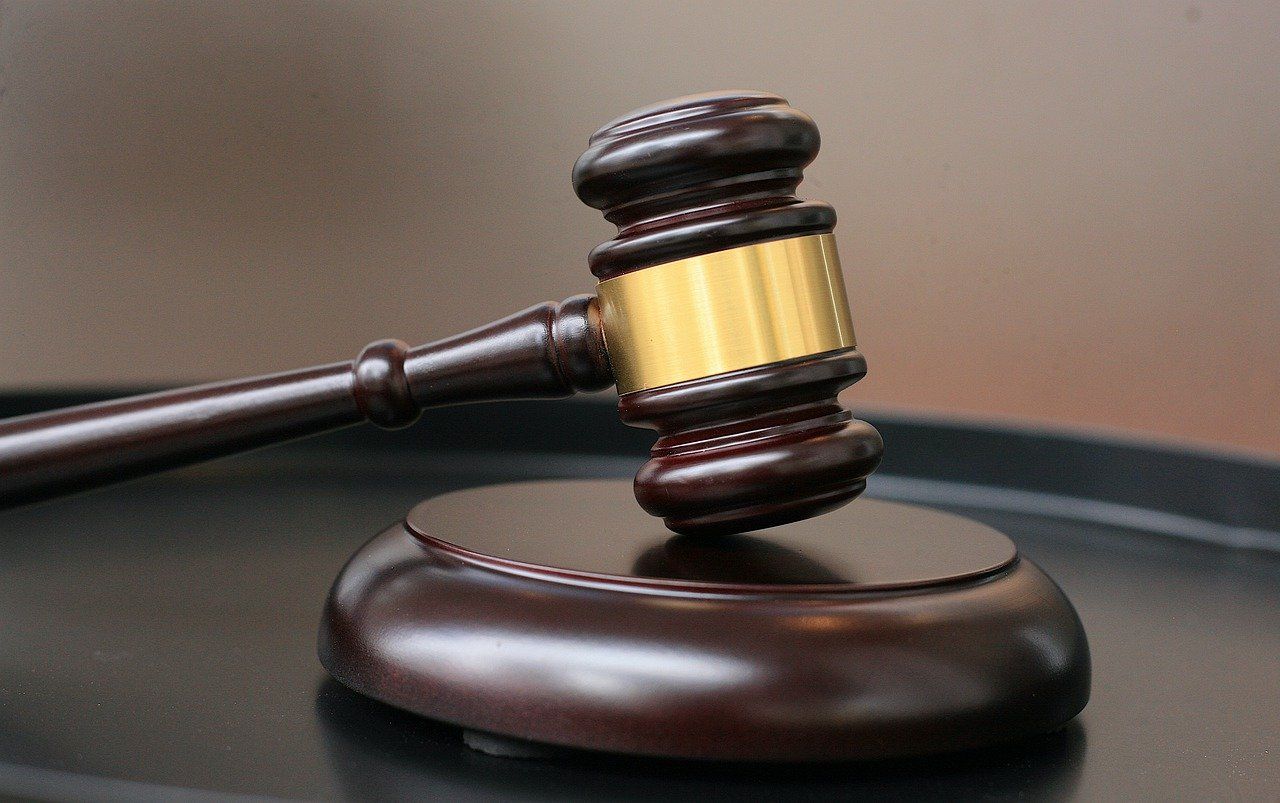
Civil Procedure
The Civil Procedure Code (CPC) of India is a comprehensive legal framework that governs the procedures for civil litigation in Indian courts. Enacted in 1908, it provides the rules and processes for the filing, trial, and resolution of civil cases, ensuring a fair and efficient judicial system. The CPC outlines the jurisdiction of courts, the process for summoning parties, the presentation of evidence, and the execution of judgments.
Learn more

Specific Relief
The Specific Relief Act, 1963 provides remedies for individuals whose civil or contractual rights have been violated. The Act focuses on enforcing the actual performance of contractual obligations. It includes provisions for specific performance, injunctions, and the rectification or cancellation of contracts. The Act provides for remedies when monetary compensation is inadequate, ensuring that parties fulfill their legal duties as agreed upon in contracts.
Learn more
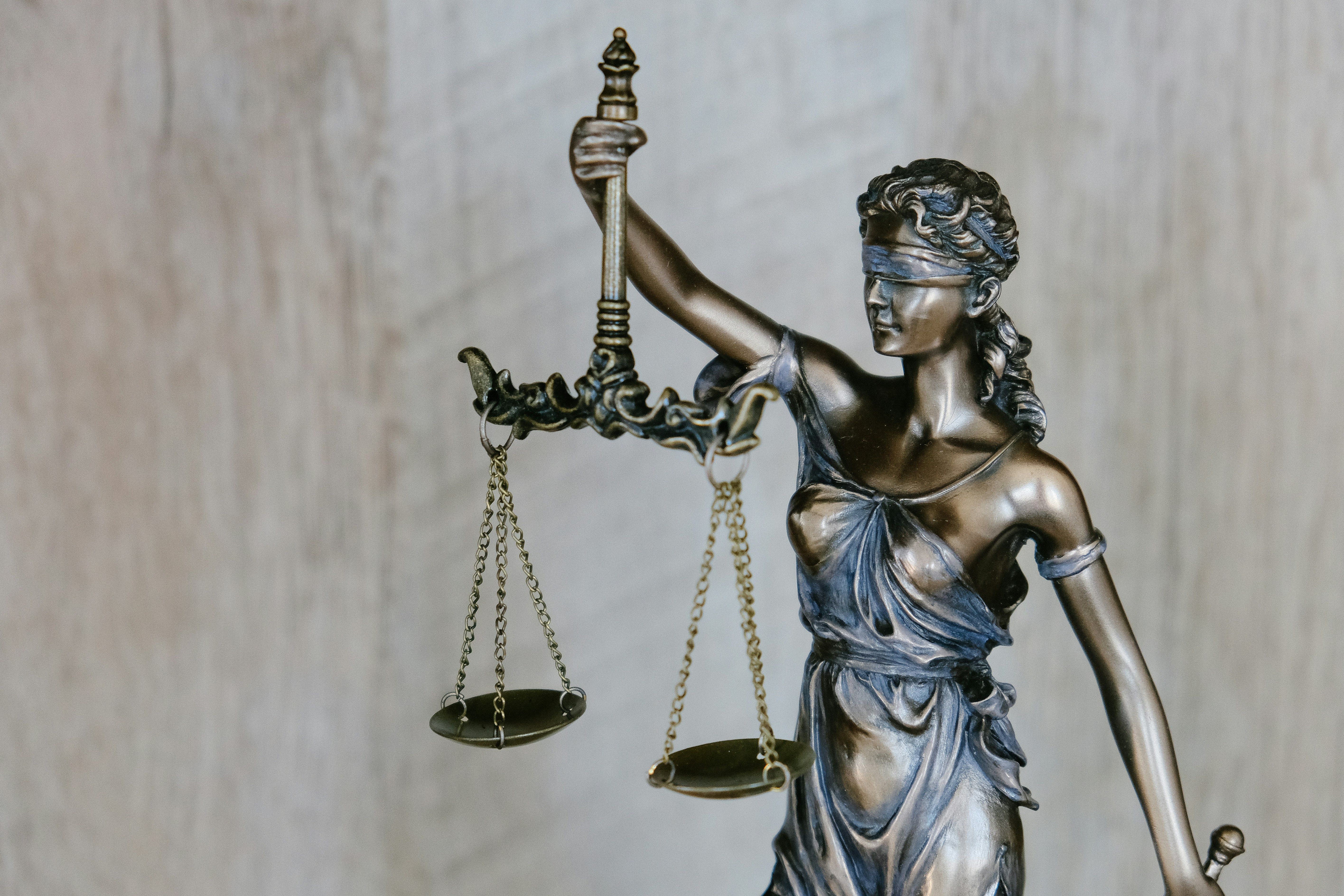
Women & Child Rights
Women and child rights encompass a range of legal protections designed to ensure the safety, dignity, and well-being of women and children. These rights prevent discrimination, violence, and exploitation while promoting equality and access to education, healthcare, and opportunities. In India, laws such as the Protection of Women from Domestic Violence Act, 2005, and the Protection of Children from Sexual Offences (POCSO) Act, 2012, safeguard the rights of women and children.
Learn more

Arbitration
The Arbitration and Conciliation Act 1996 provides a legal framework for resolving disputes through arbitration and conciliation. Arbitration is a dispute resolution process where parties choose to settle outside traditional court litigation, with an impartial third party, known as an arbitrator, appointed by law. This method offers efficiency and confidentiality and saves time for the parties involved.
Learn more
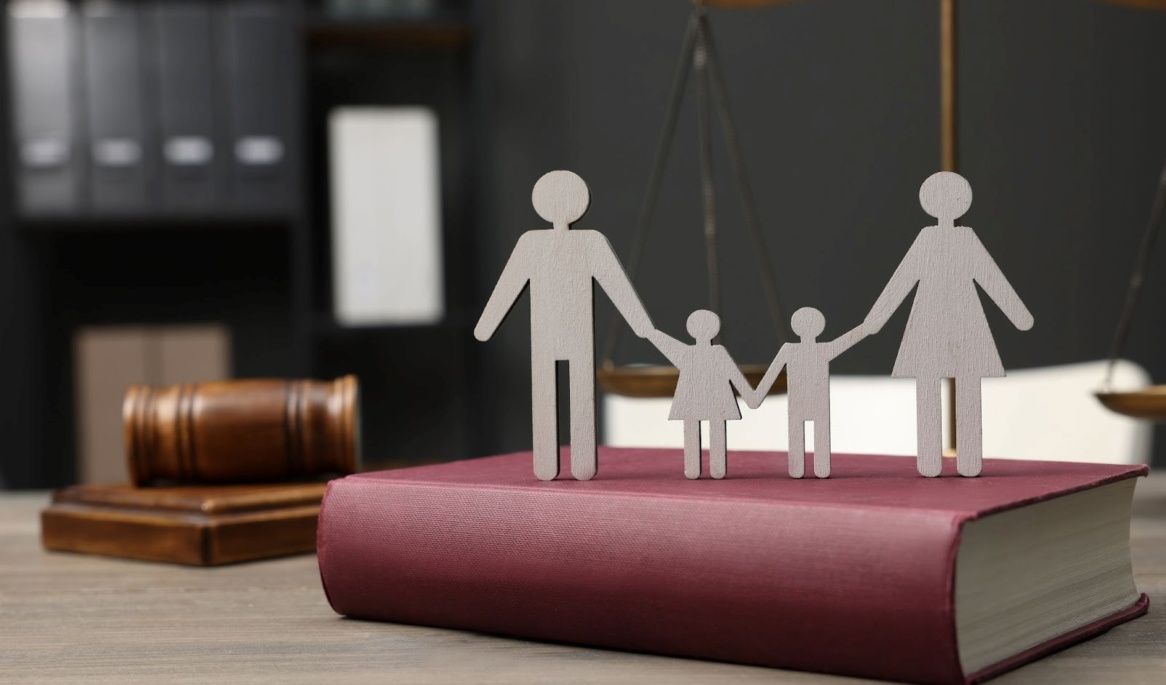
Hindu Law
Hindu law encompasses personal legal principles and practices for Hindus in India, based on ancient texts like the Vedas and smritis. Key statutes include the Hindu Marriage Act, 1955; the Hindu Succession Act, 1956; the Hindu Adoption and Maintenance Act, 1956; and the Hindu Minority and Guardianship Act, 1956. These statutes govern marriage, divorce, inheritance, adoption, and guardianship, reflecting a blend of traditional values and modern legal principles.
Learn more

Information Technology Act
Information Technology Law in India, governed by the Information Technology Act of 2000, regulates digital communication, cybersecurity, and e-commerce. It establishes the legal framework for electronic records, digital signatures, and cybercrime penalties. The law promotes secure electronic transactions and data exchange, addressing hacking, identity theft, and data protection, ensuring a reliable legal structure for India's digital economy.
Learn more

Negotiable Instrument
This category covers cases under the Negotiable Instruments Act 1881, focusing on issues like cheque dishonor under Section 138, liability for insufficient funds, and responsibilities of individuals and companies in financial transactions involving cheques, promissory notes, and bills of exchange.
Learn more
Sign up for free!
Unlock the full potential of our website by subscribing and gain exclusive access to comprehensive case summaries, specifically tailored for legal professionals and law students.
